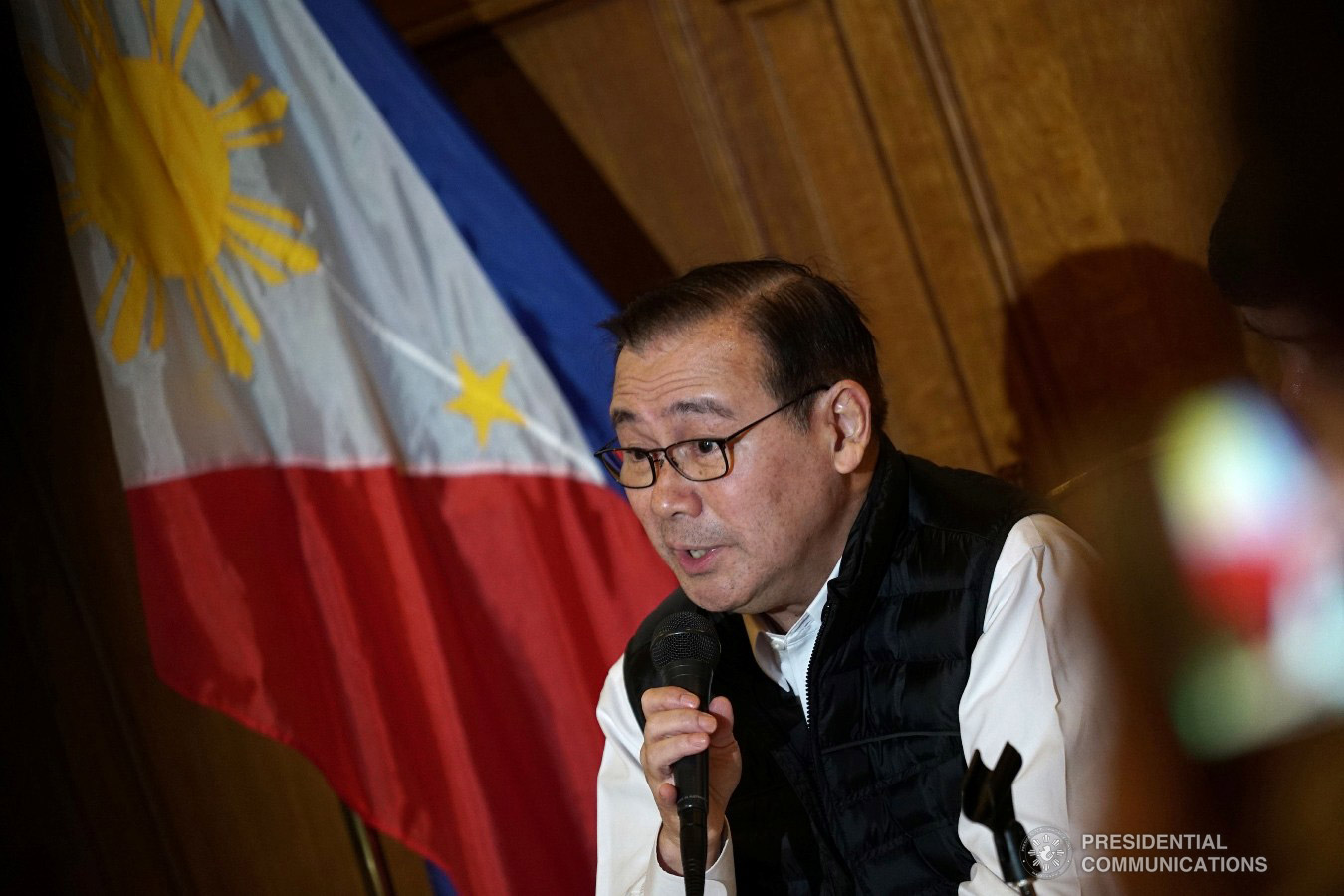
Foreign Secretary Teodoro Locsin Jr. (pcoo.gov.ph)
Foreign Secretary Teodoro Locsin Jr. said the Philippines won’t leave the UN Human Rights Council after it approved a resolution calling for a full report on the country’s human rights situation.
The Philippines also won’t cut ties with any country, Locsin said on Twitter, after Palace spokesman Salvador Panelo said President Rodrigo Duterte was seriously considering ending diplomatic relations with Iceland, which sponsored the resolution.
Locsin tweeted that last week’s “UNHRC vote is a small and harmless matter,” and the Philippines would rather stay to suffer the Westerners who sided with Iceland.
“We’re staying in UNHRC as a pedagogical duty to teach Europeans moral manners. We’re NOT severing diplomatic relations with any country. If we did, where’s the conversation? How do you insult those who insulted us if you cut them off?” he tweeted.
Locsin got immediate support from Senate President Vicente Sotto III, who tweeted: “If he says we stay, we stay!”
Sotto on Monday said leaving the rights council won’t necessarily impact on the country’s standing in the international community, citing the United States, which left the body last year over its supposed bias against Israel.
The Senate chief also said he believed last week’s council vote in Geneva was invalid.
The resolution introduced by Iceland won by a narrow margin in the 47-member council, with 18 voting yes, 14 no and 15 abstain.
Executive Secretary Salvador Medialdea held the same view, rejecting the council vote in a statement on Monday.
He said concerns over the human rights situation in the Philippines should be taken up in the council’s periodic country review.
“We reject this resolution because, through it, a minority has short-circuited and rendered inutile the time-honored mechanisms by which the UN maintains the accountability of member-states, such as the treaty body system and the UNHRC’s Universal Periodic Review,” Medialdea said.
“The Philippines, as one of the pioneering members of the UN, has been abiding by these mechanisms, as they embody the processes that give due credence to member-states’ accountability and transparency. It is through such mechanisms that the human rights concerns mentioned in the resolution should have been taken up, verified and addressed,” he said. (PressONE.ph)